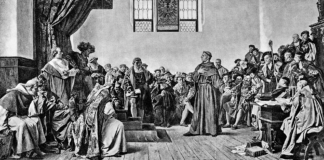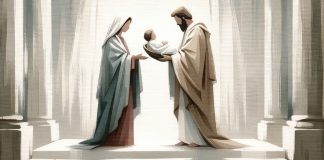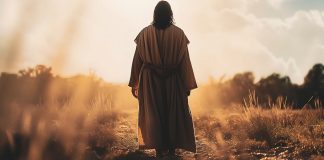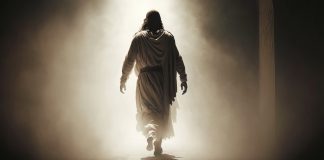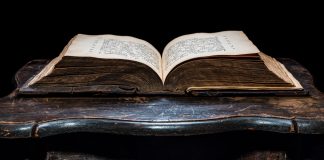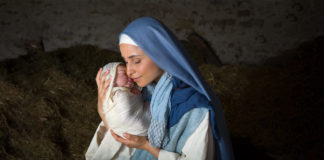Practising faith
When I was at high school, I played basketball a lot—most days at school, then team training sessions and often two or three games each week. At university, I played on the best team I have been part of. We trained and competed regularly over two years, and twice won our league championship.
The Protestant Reformation: Between obstinacy and necessity
Five hundred years ago, Luther nailed his 95 theses to the door of Wittenberg Cathedral. How are the motives that led to the Reformation viewed today?
Simeon and Anna: From waiting to fulfilment
Some expectations dissolve into routine or turn into despair, while others invigorate life. The former are measured in deeds and desires, while the latter are measured in faithfulness and beliefs.
The most misunderstood of loves
To understand the love of God, we are encouraged to look at the Cross. The unnatural position of the Son, nailed to a non-existent guilt, raises a storm of questions in the other children of God. The most disturbing of them, I think, would be: What kind of love is this?
Stubborn faith
On a number of occasions during his writing life, Nobel Prize winner and author Elie Wiesel tried to re-tell the story of a profound experience he’d had as a young boy in the Nazi death camp at Auschwitz. He wrote a play, a novel, and even a cantata to try to re-create his memory of this event, each of which remained unpublished. Finally,...
There are hidden gospels that expose religious manipulation. True or false?
On the basis of ancient, hidden non-canonical gospels, some commercial and half-learned scholars propagate sensational discoveries, which are in fact both old and novel speculations arising from the Bible’s silence on some aspects of Jesus’s life.
Is the hero better than his God?
Its nomination for six Academy Awards and winning in two categories [1] confirmed the feeling of the public that they were dealing with a very good movie, in every way.
Agents of God
Undoubtedly, the best known of all Bible verses is John 3:16, but even this does not sound the same in its different renderings. One of these is a personalised version, sometimes employed in church settings: “For God so loved [insert your name here] that He gave His one and only Son, so that if [insert your name here] believes in Him, [insert your...
King, emperor, reformer
The Carolingian Renaissance must be understood as a "reform and reconfiguration of all peoples under the reign of Charles, with a view to creating a Christian territory in its institutional structures, moral conduct, and personal convictions."
Decoding the EU’s connection to end times and Bible prophecy
With news that the far-right Freedom Party (PVV) has won the election in the Netherlands, once again there is talk of an exit from the European Union on the horizon—this time being called “Nexit”.
Augustine, the man of the millennium
His philosophy and theology dominated human thought for over a thousand years. Until Thomas Aquinas emerged in the 13th century, Augustine was undoubtedly the most important thinker of the medieval period.
Born of a virgin
When Larry King was asked who he would most like to interview among all the famous characters of history, his answer was clear: "Jesus Christ". The talk show host wanted to know if Christ had indeed been born of a virgin. "The answer to that question would define history for me,"[1] King said.
What did Jesus believe about Creation?
Perhaps the greatest mystery for Christians is the incarnation of God, described in the words of the apostle John, an eyewitness to the life of Jesus: "The Word became flesh and made his dwelling among us. We have seen His glory, the glory of the only Son, who came from the Father, full of grace and truth" (John 1:14).













